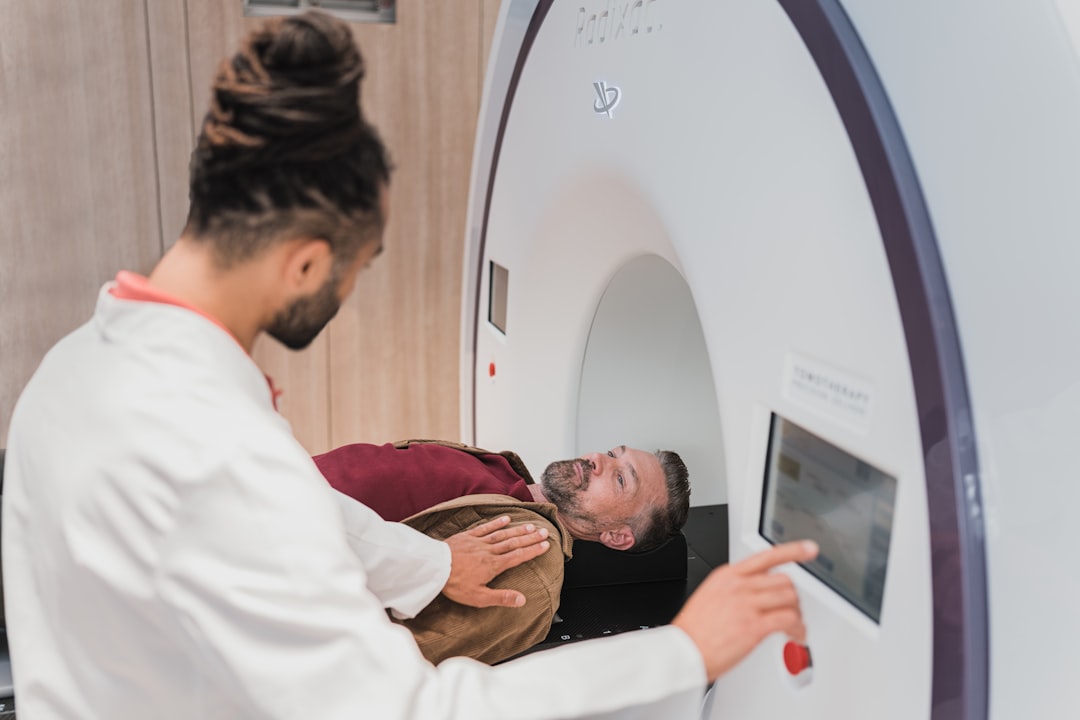What is it about?
Threshold concepts (TCs) are conceptual gateways that result in an epistemological or ontological transformation in the learner, opening up new ways of thinking and being within a discipline. The review maps the extent of the current literature regarding TCs across the medical education continuum and identifies research gaps. The review shows that the understanding and embodiment of TCs increases in complexity across the medical education continuum, with TCs recurring with changes in clinical environment and responsibilities. Uncertainty, patient care, clinical reasoning, and professional identity formation were themes that emerged at multiple stages of training.
Featured Image

Photo by National Cancer Institute on Unsplash
Why is it important?
The review findings lend support to a holistic approach to curriculum design spanning all stages of training. However, further research is needed to develop a consistent approach for describing and applying the threshold concept framework (TCF) in medical education, and to address how the TCF can be used in teaching and how threshold crossing can be measured.
Perspectives
I found examining the threshold concepts identified in the literature though a framework of conceptual change fascinating, and it demonstrated the link between threshold concepts and ways of thinking and practising in medicine. I hope this review helps educators think about threshold concepts in a different way and adds value to the ongoing conversation about their role across the medical education continuum. Furthermore, I hope that it will provide a springboard for further research in this topic area.
Dr Helen Jones
University of Warwick
Read the Original
This page is a summary of: Threshold Concepts in Medical Education: A Scoping Review, Medical Education, July 2022, Wiley,
DOI: 10.1111/medu.14864.
You can read the full text:
Contributors
The following have contributed to this page










